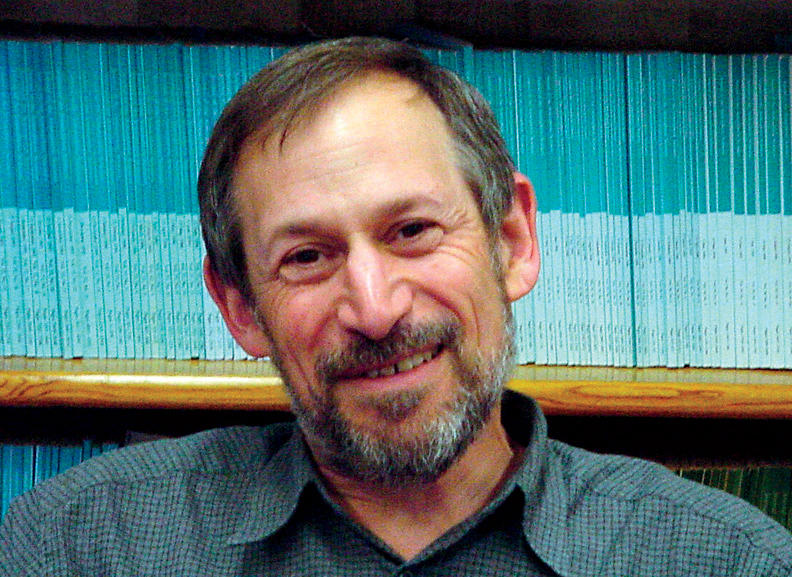Mark A. Cane, an oceanographer at Columbia’s Lamont-Doherty Earth Observatory, and S. George Philander, an oceanographer at Princeton University, have jointly received the 2017 Vetlesen Prize, which is widely regarded as the earth-sciences equivalent of the Nobel Prize. They will share a $250,000 award in recognition of their insights into the complex forces that drive the weather cycle known as El Niño.
When Cane and Philander were starting out as researchers in the 1970s, most scientists regarded El Niño as a localized weather system that periodically intensified summer rains in Peru. But Cane and Philander, working separately, showed that El Niño is just one manifestation of a much larger pattern of shifting winds and water currents in the Pacific Ocean that affects weather around the world. Their insights have since enabled scientists to forecast swings in air temperature and precipitation in locales as far apart as Africa, Brazil, and the United States; institutions worldwide now monitor El Niño to help prepare for floods or droughts.
“This information can also be very valuable as we move forward and try to figure out what to do about human-induced global warming, which is, of course, the major problem the whole world is facing,” says Cane.
The Vetlesen Prize, established in 1959 by the G. Unger Vetlesen Foundation, is administered by the Lamont-Doherty Earth Observatory, which convenes a committee from both its own ranks and those of other major institutions to judge nominations.
Cane and Philander will receive this year’s prize in April in a ceremony at Columbia.



